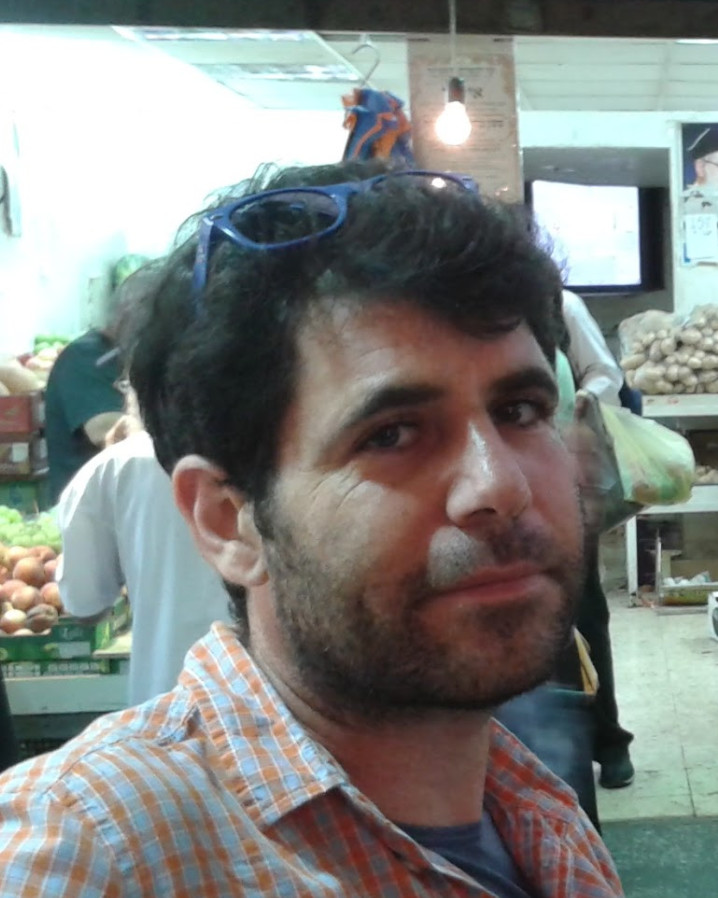
Title: Aging in the Edwards-Wilkinson and KPZ universality classes.
Abstract: Aging is an asymptotic property of non-equilibrium dynamical systems that captures non-trivial relaxation time temporal change; a canonical formulation is expressed in terms of the correlations of the system at two large times with a fixed relation. It was conjectured in Dembo-Deuschel ’06 that one-dimensional KPZ models satisfy aging. In line with the progress on the one-time asymptotic behavior of KPZ in the past decade, this challenging problem gained attention in both the physics and the mathematical communities; there has been some experimental evidence for the phenomenon as well as related non-rigorous predictions and partial results.
In the talk we shall see that for stationary systems one can use methods that rely solely on the variance asymptotics to achieve aging with an explicit aging function. We shall then derive aging for stationary models in the Edwards-Wilkinson universality class, which is easier to tackle. Moreover, we will demonstrate how to apply the methods to compute a formula for the space-time correlation scaling function in this case. In the remaining part of the talk we shall discuss aging for several stationary models in the KPZ class, including the KPZ fixed point, with the same aging function, matching the stationary KPZ equationprediction in Ferrari-Spohn ’16.
The talk is based on a recent work with Jean-Dominique Deuschel (TU Berlin) and Gregorio Moreno Flores (PUC Chile).